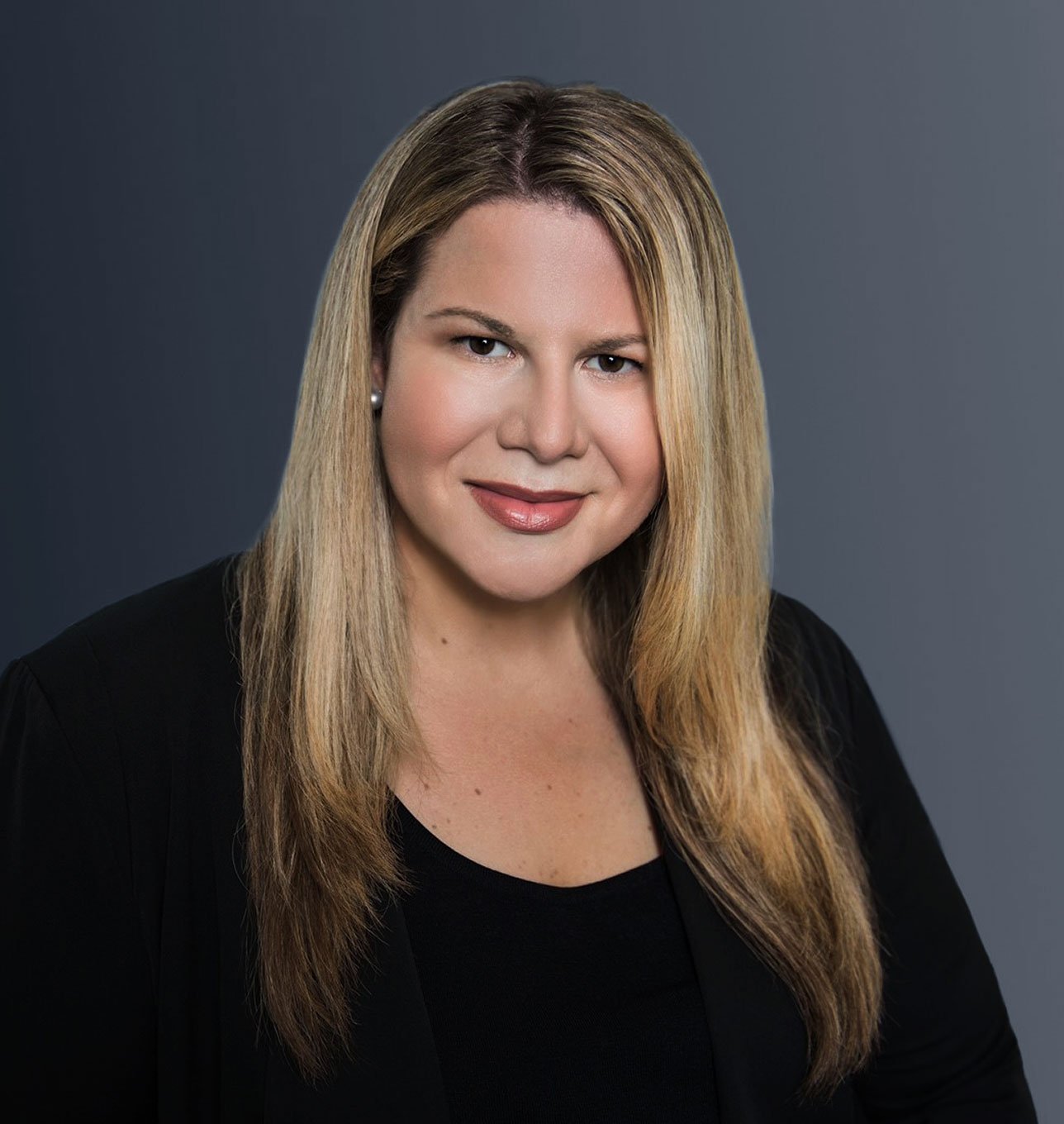COVID-19 and potential exposures to shareholder collective actions: directors and officers, and their insurers
As the current, rapidly evolving, situation takes us further into unchartered territory, in addition to the ubiquitous human costs and challenges faced around the world, new areas of exposure are emerging. Company boards and executives, and their insurers, are having to get to grips with the prospect of litigation targeting directors and officers on the basis of how companies have responded to the COVID-19 situation.
The challenging economic environment, and extreme market volatility, will bring increased shareholder – and regulatory – scrutiny, particularly against the backdrop of today's heightened focus on the individual accountability of senior executives.
One consequence of this is the potential for shareholder actions arising from rapid stock drops. Indeed, two US federal securities class action suits have already commenced. While the factual background to each action is, probably, rare if not unique, the actions are nonetheless, indicative of a trend which may emerge in the months to come; namely, claims from disgruntled shareholders challenging the actions, and statements, of directors and officers. These will, at least, result in an expensive series of claims which will need to be defended and, consequently, defence costs indemnity claims confronting D&O insurers.
In what appears to be the first (or perhaps second; see below) securities class action to result from the COVID-19 outbreak, putative class plaintiff Eric Douglas filed a complaint in federal district court for the Southern District of Florida. The complaint targets Norwegian Cruise Lines (“NCL”), whose shares are publicly traded on the New York Stock Exchange, and two of its senior officers, namely its Director, President, and CEO; and its Executive Vice President and CFO. The Complaint alleges that NCL made unproven and/or false statements about COVID-19, during the period 20 February 2020 to 12 March 2020, with a view to persuading customers to purchase cruise trips, thereby endangering NCL's customers and its crew members. The various statements, and omissions, regarding NCL's business and operations, said to have been materially false and misleading and/or having lacked a reasonable basis, resulted, according to the Complaint, in an inflated share value. A Miami newspaper, and subsequently the Washington Post, reported, on 11 and 12 March 2020 respectively, on leaked internal NCL emails suggesting that NCL had deliberately misled customers. In the days after, NCL's share value dropped significantly, causing (allegedly) commensurate losses to the class shareholders.
While NCL's situation may not be a commonly replicated one, nonetheless directors and officers of, in particular, travel and tourism businesses, which have sustained heavy stock price falls as customer numbers decrease due to the spread of the virus, may face increased scrutiny, and possibly claims, as to the business's handling of the COVID-19 outbreak.
On the same day, putative class plaintiff Patrick McDermid also filed a complaint in federal district court, this time in the Eastern District of Pennsylvania. The complaint targets Inovio Pharmaceuticals, Inc. ("Inovio"), whose stock trades on the Nasdaq exchange, and its President and CEO, Mr Kim. The Complaint alleges that Inovio, and Mr Kim, sought to capitalise on COVID-19 concerns by "falsely claiming" that it had developed a vaccine for COVID-19. Following these announcements, Inovio's stock value soared. However, when a well-known activist short seller, Citron Research, issued a tweet on 9 March 2020 inviting the SEC to "immediately HALT this stock and investigate the ludicrous and dangerous claim that [Inovio] designed a vaccine in 3 hours", Inovio's stock plummeted, over two days, by 71%.
Again, the circumstances of the Inovio suit may not be widely replicated, but it should be heeded as a warning, particularly to executives of companies involved in responding to the outbreak, as to the importance of exercising caution in making statements, and releasing information, to the public. This is all the more acute given the rapidly evolving nature of, and knowledge and advice about, the COVID-19 situation and appropriate responses.
Claimant shareholders may encounter difficulties in establishing the requisite causal elements of their claims, against the backdrop of extreme market volatility caused by the macro economic situation and, in particular, establishing and isolating the actions, statements and/or omissions said to have caused the share price drop.
Nonetheless, statements, and actions, of senior executives, particularly those of publicly traded companies, in the context of the rapidly developing situation, will be the subject of heightened scrutiny. Similarly, D&O policies, which commonly provide cover for the costs of defending shareholder claims (and securities fraud allegations), will likely be the subject of close attention, and potentially expensive indemnity claims, if and when further claims of this sort arise from COVID-19.





